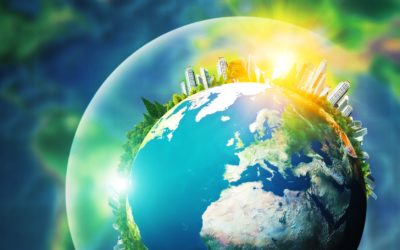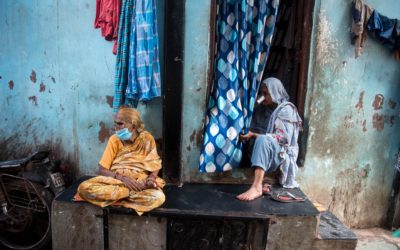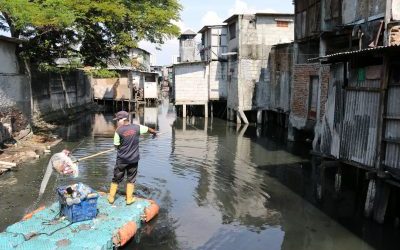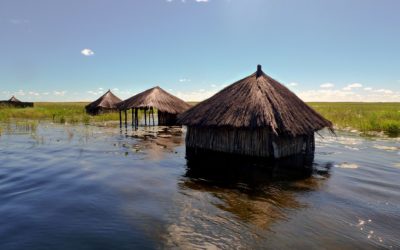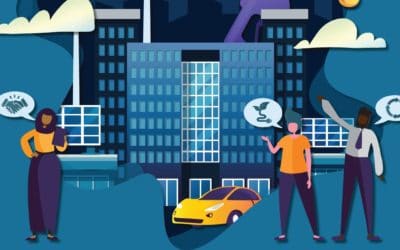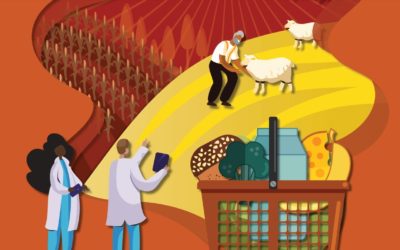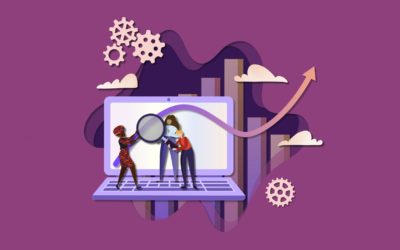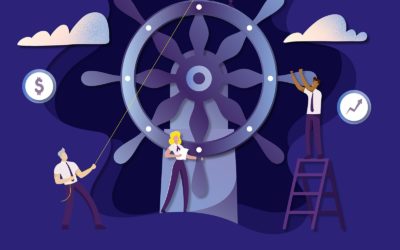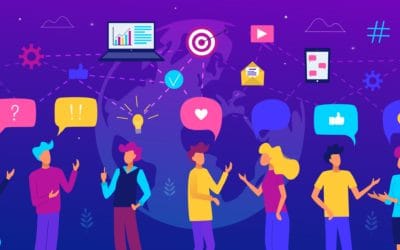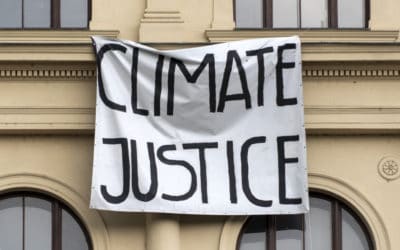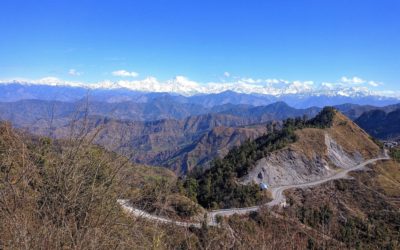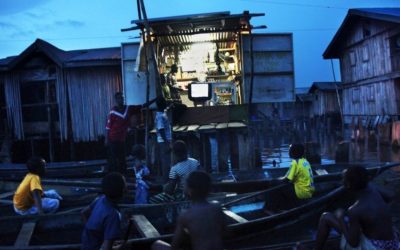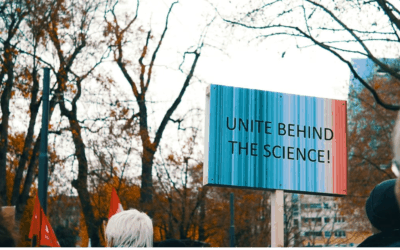Why we need basic sciences for sustainable development more than ever
Michael Spiro makes the case for why the world needs basic sciences for sustainable development now more than at any time in the past.
How has the COVID-19 pandemic affected the urban poor?
Three IIASA researchers explain how COVID-19 has impacted the poor in cities and what can be done to increase the future resilience of vulnerable populations.
Solutions providing multiple resilience dividends require an integrated approach
Disaster Risk Reduction investments bring a wide variety of benefits, but are often not included in investment appraisals or recognized by funders. How do we change this?
Multiple benefits of Disaster Risk Reduction investments
Julian Joseph explains the benefits of Disaster Risk Reduction investments using Tanzania and Zambia as a case study.
Using the COVID-19 pandemic to transform the energy sector
COVID-19 has disrupted the global energy sector, but it has also revealed opportunities. The International Science Council’s Husam Ibrahim explains.
Restructuring the food system after COVID-19
The International Science Council’s Husam Ibrahim summarizes the IIASA-ISC Resilient Food Systems Report’s insights into how COVID-19 is impacting the food system and lessons learned from the pandemic.
Enhancing science systems and bouncing forward sustainably from COVID-19
COVID-19 saw people turn to science for reliable solutions, and actionable advice. The IIASA-ISC Strengthening Science Systems report addresses how science can be better prepared for future crises.
Learning from COVID-19 and upgrading sustainable governance
The International Science Council (ISC)’s Husam Ibrahim writes about insights gained from the recent IIASA-ISC Enhancing Governance for Sustainability Report.
A story of new beginnings
Marie Franquin writes about her first six months as part of the IIASA Communications and External Relations team.
Addressing the youth’s climate justice concerns
Thomas Schinko introduces an innovative and transdisciplinary peer-to-peer training program.
Plan S: Promoting full and immediate Open Access publishing
IIASA Repository and Open Access Manager Luke Kirwan explains the ins-and-outs of the Plan S policy towards full and immediate Open Access publishing.
Roads, landslides, and rethinking development
Prakash Khadka and Wei Liu explain how unbridled, unplanned infrastructure expansion in Nepal is increasing the risk of landslides.
How we count energy poverty is broken, requires new framework
Shonali Pachauri discusses a new framework developed at IIASA to more accurately identify the energy poor.
Science communication for a humane world
Shorouk Elkobros shares her love for science communication and why she thinks it is pivotal for humanity.
The footprint of COVID-19 on carbon emissions and future work at IIASA
Greg Davies-Jones finds out how COVID-19 has lightened the carbon footprint of IIASA and how it plans to integrate sustainability into future activities.

